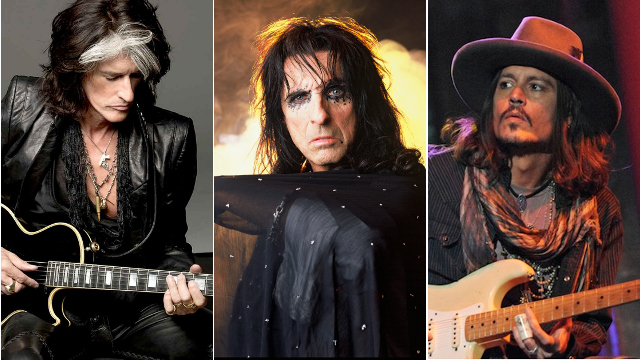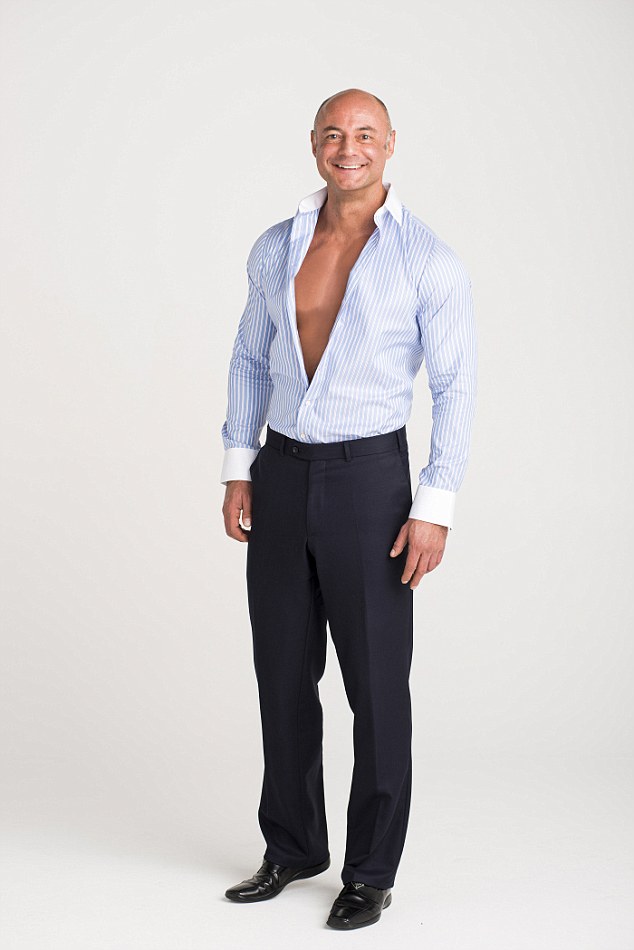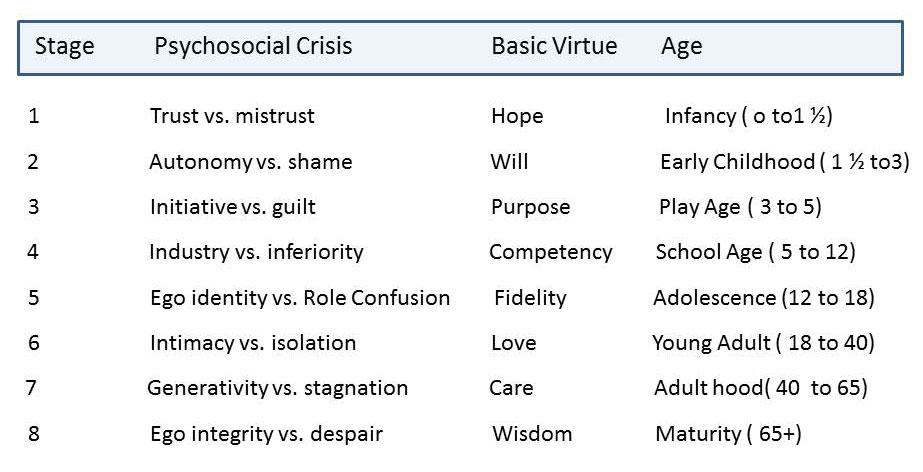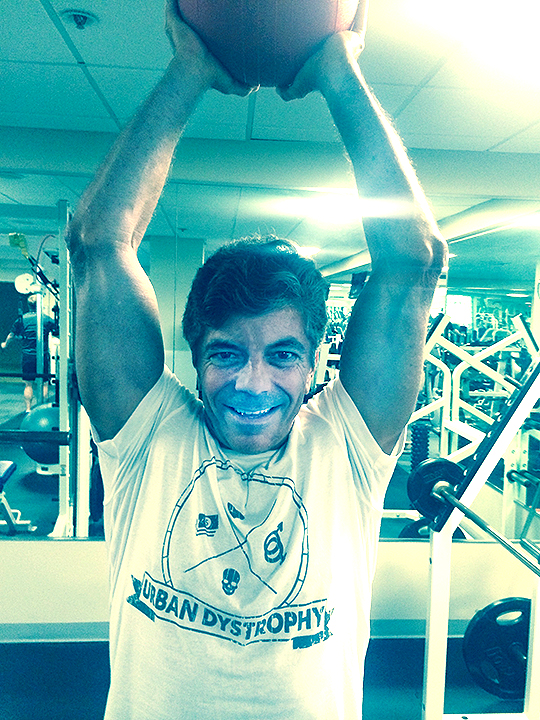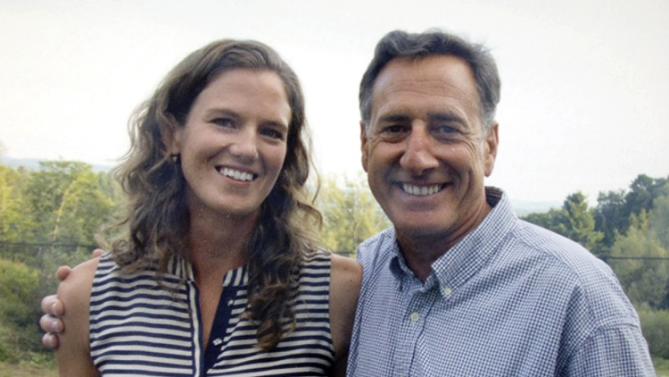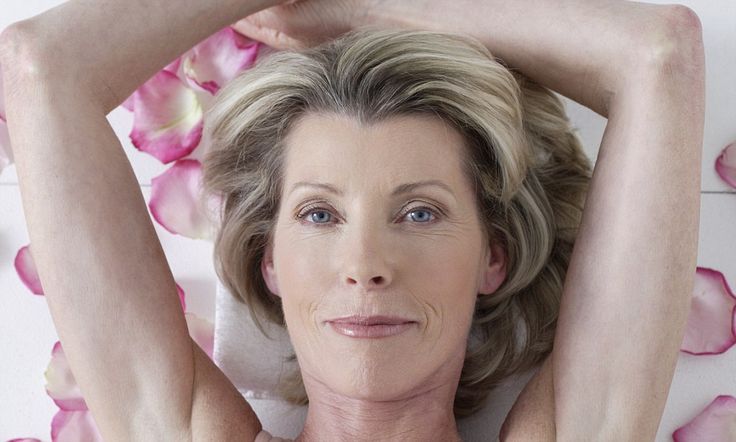 Duncan Bannatyne, 66 & Nigora Whitehorn, 35
Duncan Bannatyne, 66 & Nigora Whitehorn, 35
The fact that Bannatyne is rich and his girlfriend a native of Uzbekistan is all people need to know before piling on.
The familiar refrain from women is laced with the same tired adjectives: ““Cringe” “puke” “vomit” “creepy” in any order.
From young men it’s the all-too-familiar realization that “rich guys still get the girls.”
And feminists consider it a complete betrayal: “Women prostitute themselves and somehow betray those women who, for example, choose to tough it out in the workplace.”
I understand the vitriol, the envy.
I understand that it’s life out of order, and that it is threatening to those who want a predictable, linear story.
But that world is long gone, except in smaller enclaves outside of big cities where groups like Quakers live as people did 200 years ago.
From all of these stories – and there are more than I could possibly count in a lifetime – there are a few things I’d like to share with the detractors:
To young men —
1] Rather than hurling invective at your older brethren, you should relish the fact that in exchange for a life well lived, you earn bigger dividends down the road.
To young women —
2] For those with enough youth and beauty to barter, the 60-hour work week is a thing of the past.
To feminists —
3] Life’s a food chain.

